Tourexpi
Anyone who relies exclusively on the capabilities of artificial intelligence when planning their holiday still needs to be a little daring at the moment. The information generated by the technology based on individualised booking requests is not always perfect, but in many cases, it already offers an alternative to conventional booking methods. An author for the trade journal Wired, who relied on ChatGPT's operator to book a weekend trip to Bruges, comes to an overall positive conclusion. The AI-based compilation of her trip, including train bookings, hotel reservations, restaurant and cultural tips, did not always produce the desired results, but ultimately proved to be an attractive alternative to the laborious process of researching booking platforms and search engines herself. In other words, adventurous holidaymakers can already save a lot of time and hassle, and often money, when booking by using AI.
The findings show the direction in which the tourism business will develop in the near future. As in other industries, AI is also setting new standards in the travel market. AI agents are now not only able to put together holiday trips on behalf of their customers, but also to book them autonomously. These new all-rounders are changing consumer habits and competitive structures, making them the next big game changer for the industry.
Whether it's travel planning, booking or inspiration, artificial intelligence is playing an increasingly important role in tourism.
Consumer acceptance is growing steadily
According to a survey by the market research institute YouGov, 58 percent of Germans can now imagine using AI when planning their holidays. This applies, for example, to searching for activities and sights or for support with communication and translations. Around one in four holidaymakers can also imagine using AI to create an individual travel plan or to help them decide on their destination.
Not all players in the tourism industry are prepared for this radical change. According to a study commissioned by ITB as part of the ITB Berlin Congress 2025, medium-sized providers in particular face considerable obstacles in this area. One in three of the companies surveyed stated that they do not have sufficient specialist staff to implement AI structures. Data protection and security concerns, ethical aspects and psychological barriers such as fear and uncertainty are contributing to a lack of necessary investment in AI technology. In many places, the existing IT infrastructure still seems to be functioning, so restructuring is being postponed to the distant future.
This hesitation could prove fatal. The number of powerful AI agents is constantly growing. The dynamic provider market is bustling with ambitious newcomers such as OneAir and Mindtrip, but also developments from large companies such as Chat GPT operators or Google's Gemini Agent Mode. Some of these tools are now capable of booking even complex and individual requests.
Dynamic development in Asia and North America
A look at the travel markets in North America and Asia also shows the pace at which AI is revolutionising the rules of the tourism business. While data and consumer protection regulations are still slowing down the pace of investment within the EU, AI applications are already part of everyday tourism in large parts of Asia, partly due to a younger and more adaptable population. Against this backdrop, industry observers advise increasing investment immediately: ‘It's about understanding and testing the opportunities associated with AI,’ emphasises Mitra Sorrels, senior vice president at the market research company Phocuswright.
Europe's largest tourism group, TUI, demonstrates how to successfully introduce AI to its own workforce: for some time now, employees there have had the opportunity to build their own personal AI assistants without any expert knowledge of their own and to utilise the potential of the new technology in their daily working environment. In this way, several thousand employees have created more than 400 individual AI assistants, which are shared via an internal company platform. The ‘TUI AI Assistant Store’ is open to all employees, enabling extensive synergy effects to be achieved. ‘It was important to us to have a solution that is easy for everyone to use and guarantees maximum security. We need to experiment with AI and can't wait until complete solutions are available. We need to take small steps, learn, conduct tests with users and look for ways to apply it as quickly as possible,’ emphasises Pieter Jordaan, CIO of the TUI Group.
SEO optimisation is a thing of the past
Such projects can help companies keep up in a digital market where AI is changing the competitive landscape. Travel providers who want to remain digitally successful in the future will have to adapt to completely new rules. Above all, it is time to gradually move away from the SEO optimisation of their own offerings that has been the norm up to now. Keywords are becoming less relevant in the AI-dominated travel world. Instead of appearing in Google search results rankings, success in the future will lie more in being present in the answers provided by AI agents and AI overviews. Clearly structured data and open access help AI to find you. "What counts is human and precise language, which AI also strives for. Texts should be well structured, ideally in the form that AI also uses, for example as well-formulated FAQ lists for AI assistants," recommends Dirk Rogl, managing director of the consulting firm Travel.Commerce.
Picture Credit: © ITB
The most interesting news
 Read the News
Read the News

Travel technology at ITB Berlin 2026: AI and global innovation reshape the industry
With six fully booked Travel Tech halls, strong international participation and a new Travel Tech Track in the convention programme, ITB Berlin 2026 underscores its role as the world’s leading platform for travel technology and digital transformati
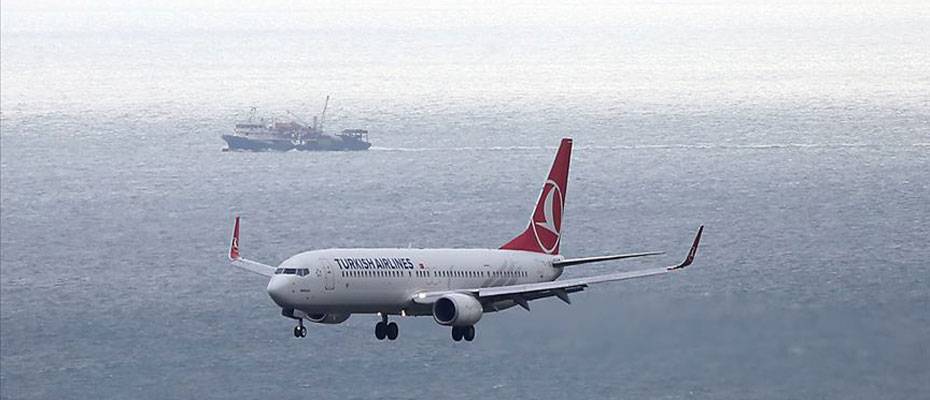 Read the News
Read the News

Türkiye’s airline fleets expand significantly over five years
Driven by rising passenger demand and major airport investments, Türkiye’s airlines have expanded their fleets sharply since 2021, with Turkish Airlines accounting for the largest share at the end of 2025
 Read the News
Read the News

Emirates extends Chauffeur-Drive service in Japan to Narita and Kansai
Premium ground service now available at three major Japanese airports from February and March 2026
 Read the News
Read the News

Moxy Hotels brings a playful twist to the New Year with Sweet Moxy Fest
Limited-edition candy cocktails and interactive lobby experiences roll out across 10 Moxy Hotels in China
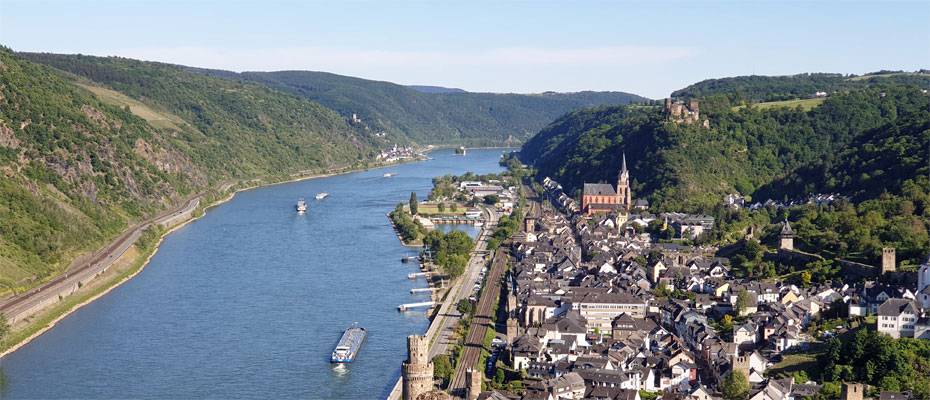 Read the News
Read the News

DRV welcomes National Tourism Strategy as a clear signal for the travel industry
German cabinet sets priorities on competitiveness, cutting red tape and sustainable development
 Read the News
Read the News

Celebrity River Cruises announces 10 additional ships and opens 2028 Europe season
With an order for ten new vessels and the opening of bookings for its 2028 European season, Celebrity River Cruises is significantly accelerating its expansion on Europe’s rivers
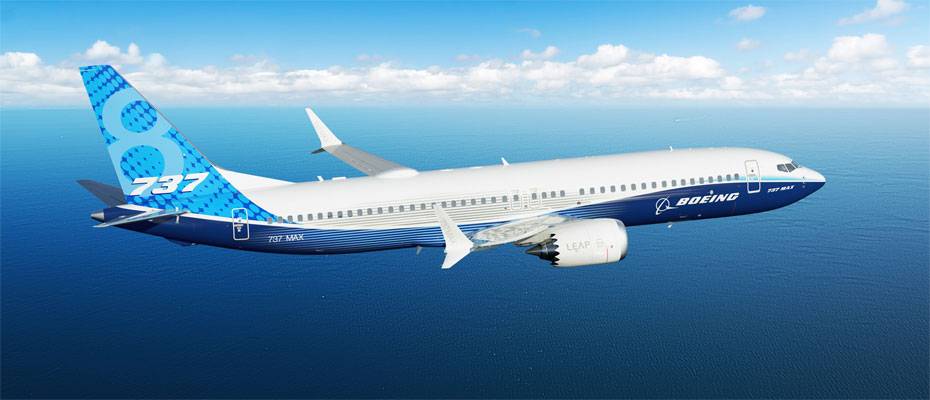 Read the News
Read the News

Air India expands single-aisle fleet with order for 30 Boeing 737 MAX jets
By ordering 30 additional Boeing 737 MAX aircraft, Air India is accelerating the modernisation of its fleet and reinforcing its growth strategy in India’s rapidly expanding domestic and regional aviation market
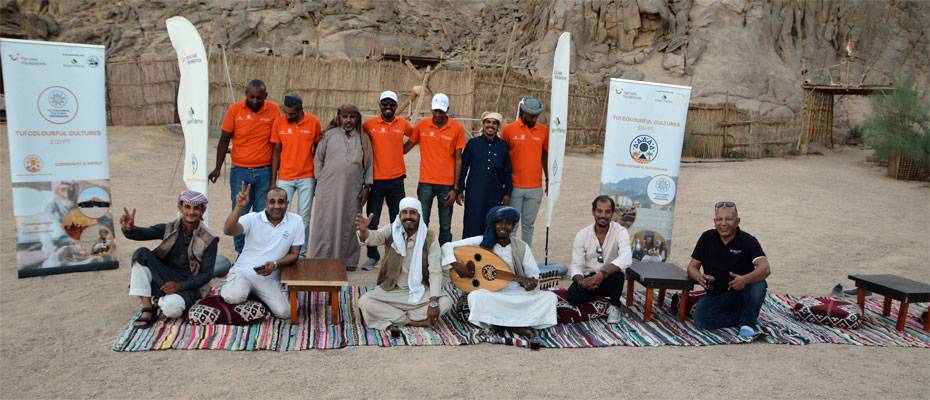 Read the News
Read the News

Hurghada: TUI Care Foundation supports Maaza Bedouin community through cultural tourism
With a new cultural tourism initiative in Hurghada, the TUI Care Foundation is strengthening the visibility, livelihoods and cultural heritage of Egypt’s Maaza Bedouin community while creating authentic experiences for visitors to the Red Sea desti
 Read the News
Read the News

TAT launches ‘Feel All The Feelings’ campaign with LISA as Amazing Thailand Ambassador
With a new TV commercial featuring Lalisa “LISA” Manobal, the Tourism Authority of Thailand (TAT) is strengthening its Trusted Thailand strategy and positioning the country as a high-quality destination through emotion-led storytelling
 Read the News
Read the News

China advises citizens to avoid travel to Japan
Beijing cites security concerns and earthquake risks as tensions with Tokyo remain high
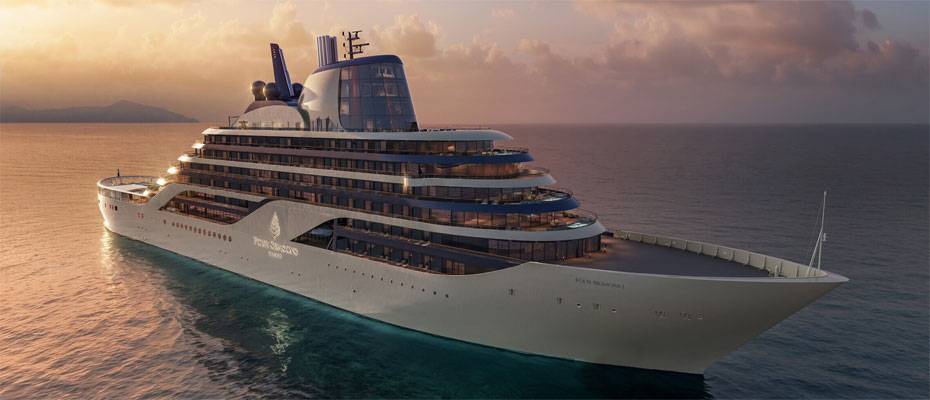 Read the News
Read the News

Four Seasons marks 65 years with focus on disciplined global growth
Anniversary year highlights expansion in key markets, residential strength and the debut of Four Seasons Yachts
 Read the News
Read the News

Spain presents Tourism 2030 Strategy at FITUR and strengthens global tourism governance
At FITUR 2026, the Ministry of Industry and Tourism outlines strategic priorities for the decade ahead, relaunches social dialogue in hospitality and confirms the opening date of the Parador de Ibiza
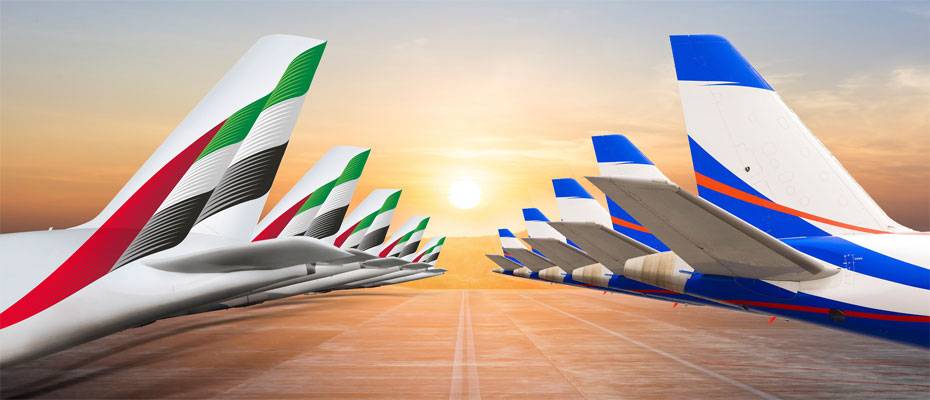 Read the News
Read the News

Emirates and Air Peace activate bilateral interline agreement
Enhanced partnership expands seamless connectivity between Africa, the UAE and London
 Read the News
Read the News

Shiso City unveils new sustainable experiences rooted in forests, fermentation and heritage railways
Located near Kyoto and Osaka, the forest-rich city in Hyogo Prefecture positions itself as an emerging destination for nature-based and culturally grounded travel
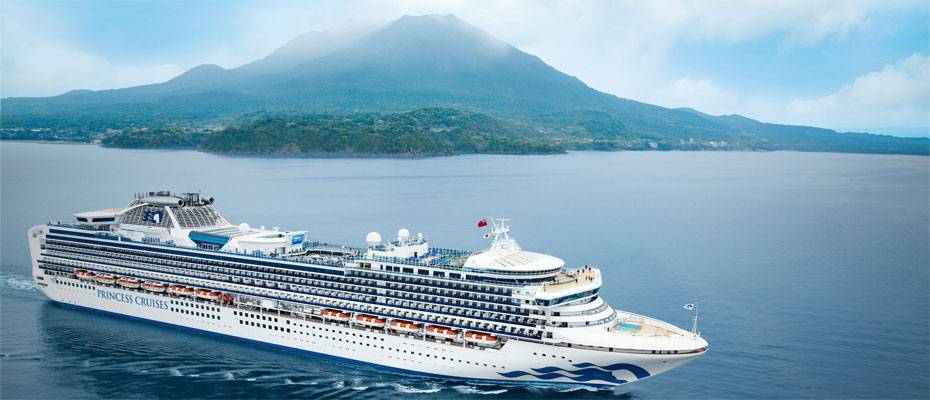 Read the News
Read the News

Diamond Princess expands culinary offering with two new specialty restaurants
Makoto Ocean and the Crown Grill debut for the 2026 Asia and Japan season, further enhancing Princess Cruises’ dining experience at sea
 Read the News
Read the News

Germany issues travel alert for the United States after Minneapolis shooting
Foreign Ministry urges vigilance following violent confrontations during protests in several U.S. cities
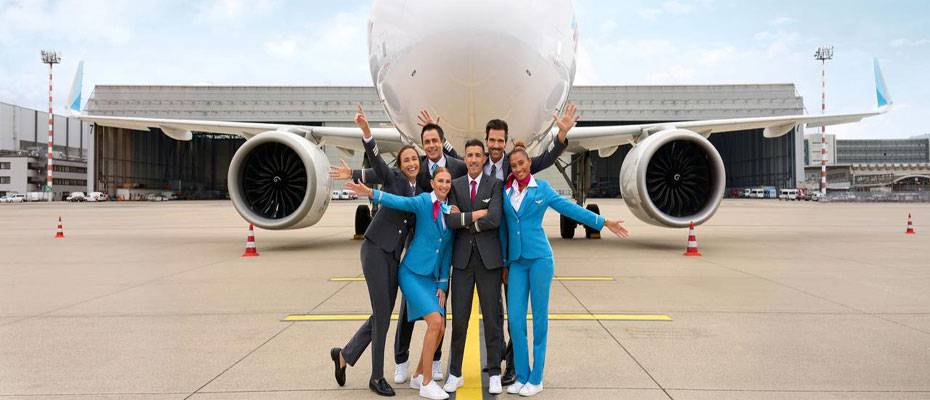 Read the News
Read the News

Eurowings expands services and routes in early 2026
Fast onboard internet, a top employer award, flexible flight vouchers and a new summer route from Graz underline Eurowings’ focus on connectivity and quality
 Read the News
Read the News

ITB Berlin 2026 launches ITB Navigator for matchmaking and show preparation
New digital platform supports networking, appointment planning and information access ahead of ITB Berlin from 3 to 5 March 2026
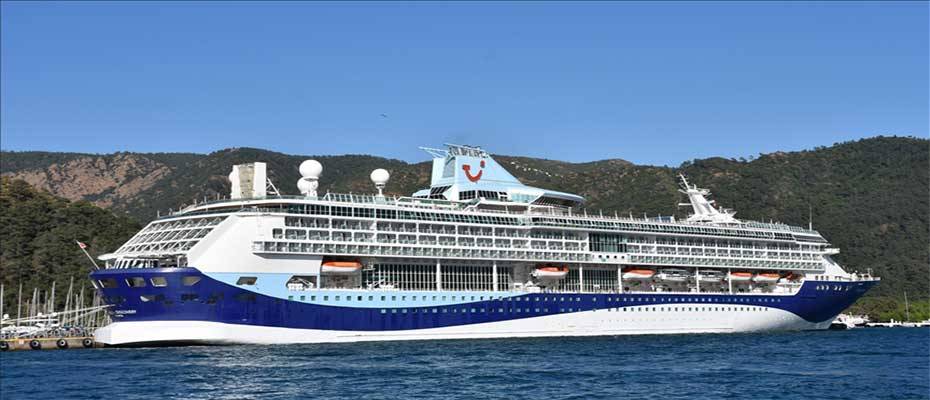 Read the News
Read the News

Marella Cruises reveals headline acts for 30th Birthday sailings in May 2026
Live performances and celebrity Q&A sessions will mark three decades of Marella Cruises with celebratory voyages across the fleet
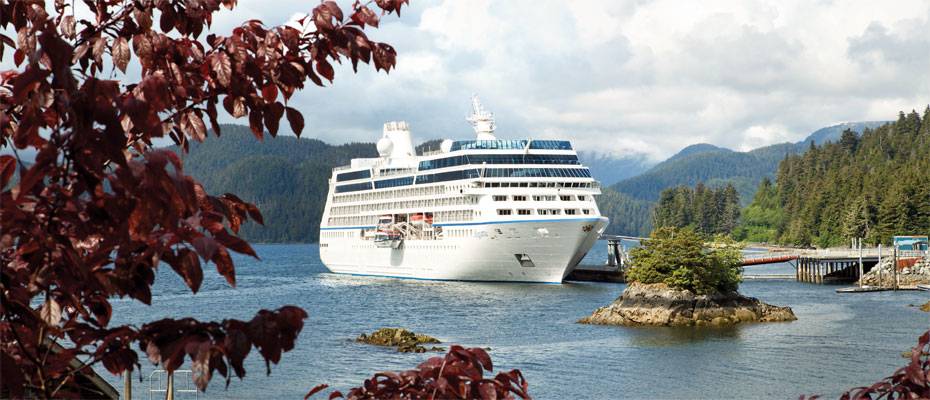 Read the News
Read the News

Oceania Cruises marks America’s 250th anniversary with distinctive Alaska and New England voyages
Luxury cruise line unveils 19 journeys in 2026 combining heritage, landscapes and destination-focused culinary experiences
 Read the News
Read the News

Condor launches daily Frankfurt–Cairo service from May 2026
New route strengthens Condor’s international network and expands access to a key market in North Africa




